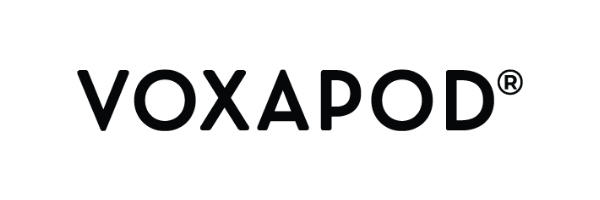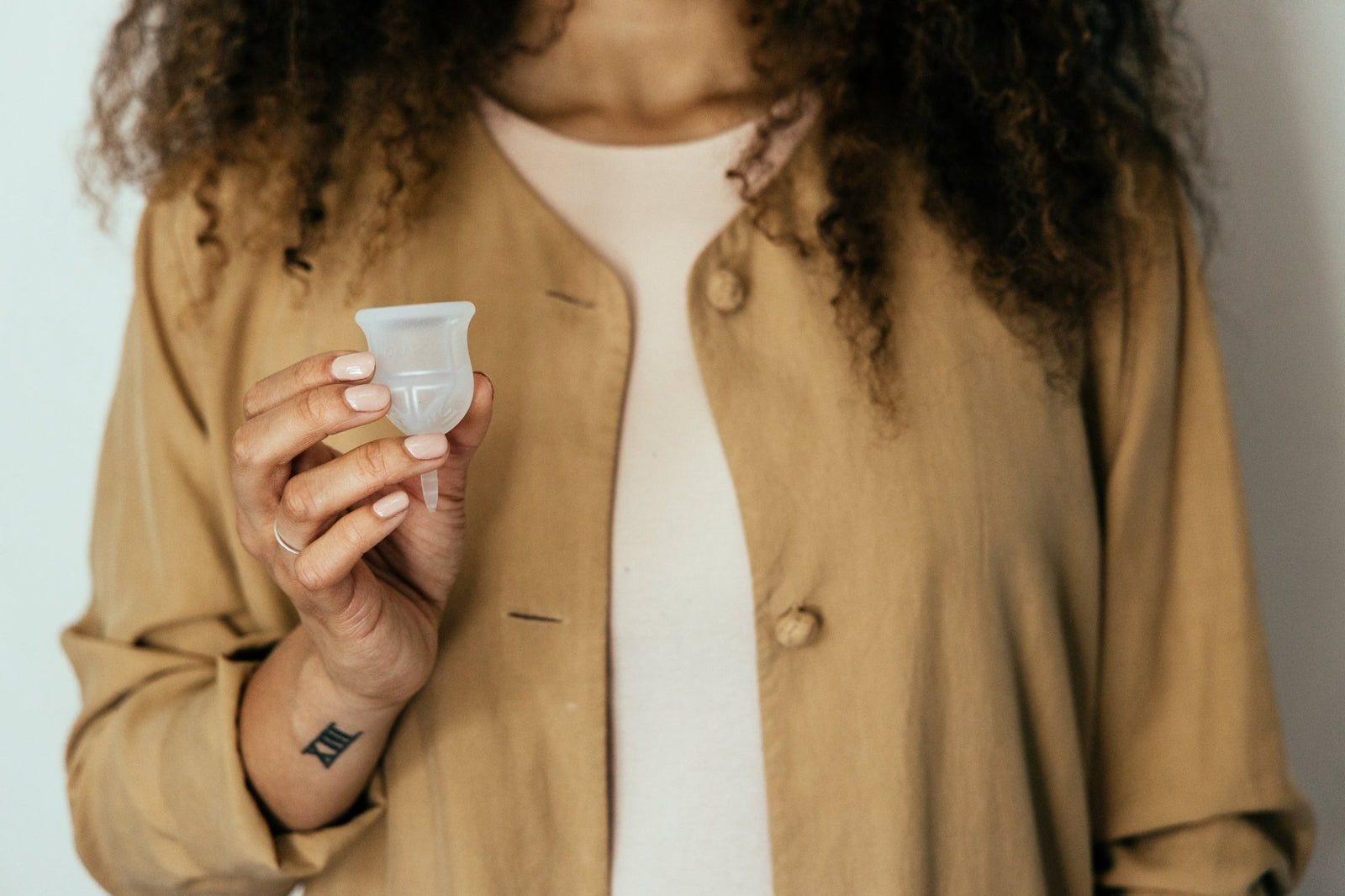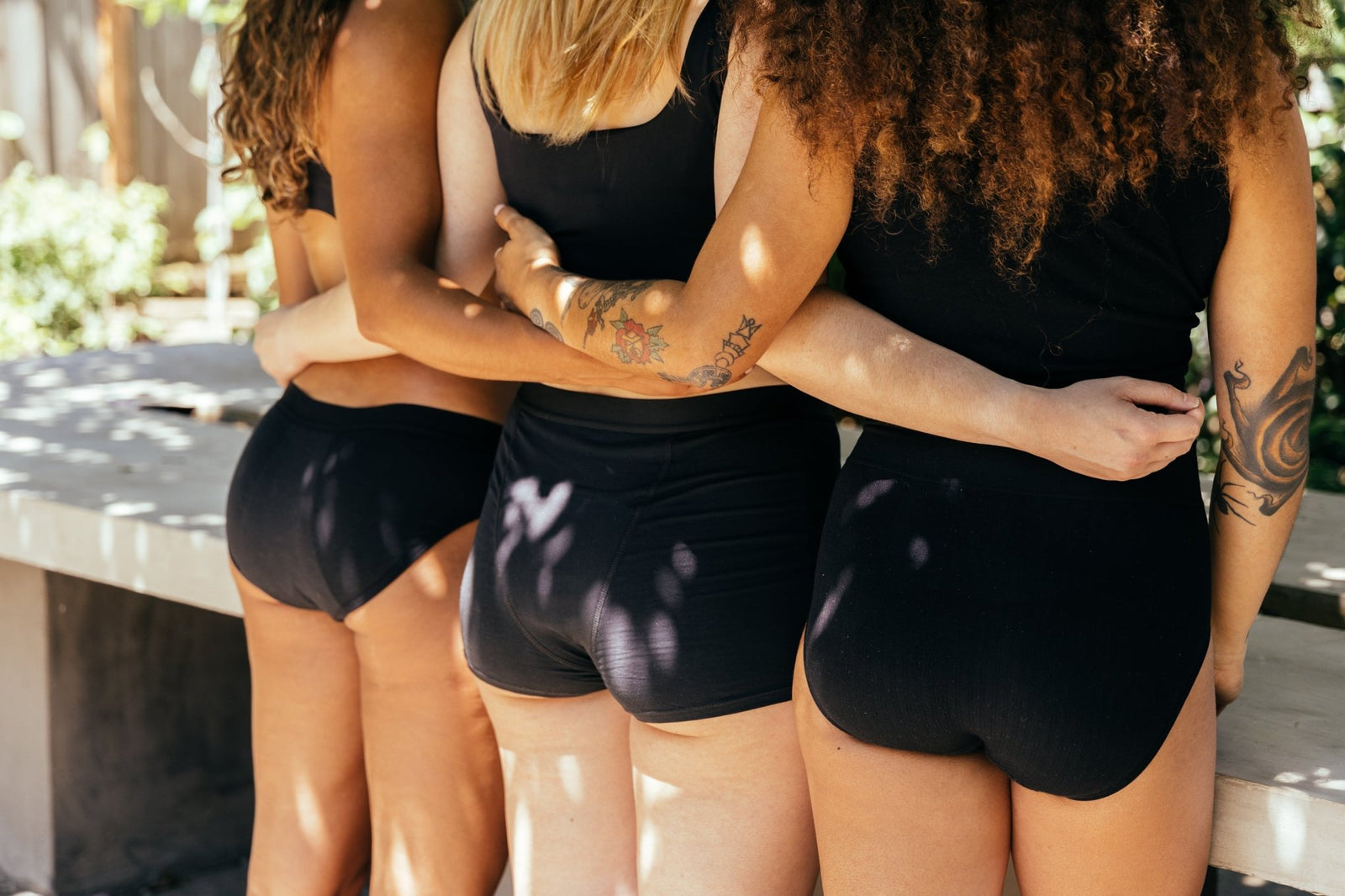This Black History Month, meet some of the past and present pioneers who have contributed to the innovation of period products, fought for more equitable health care, and are a force of leadership in the menstrual equity movement today.
Mary Beatrice Davidson Kenner | Inventor
Inventor Mary Beatrice Davidson Kenner may have been inspired by other inventors in her family, but she most certainly had to carve her own path. After high school, Kenner dropped out of college when she was unable to afford the tuition. She took on many odd jobs until becoming a federal employee during WWII and later became a professional florist while inventing in her spare time.

Mary Beatrice Davidson Kenner had no formal product design training, but a real knack for identifying problems and inventing solutions. In 1957 she received her first of five patents: an adjustable belt for sanitary napkins. While cloth pads and rags were still common, disposable pads were not a thing yet and Mary Beatrice saw an opportunity to make people’s daily lives more convenient. This belt featured a moisture-proof napkin pocket, decreasing the chance of leaks and stained clothes. It was groundbreaking at the time.

“Every person is born with a creative mind. Everyone has that ability.” -Mary Beatrice Davidson Kenner
Creating success for her products in the market had several challenges, including systemic racism. “One day I was contacted by a company that expressed an interest in marketing my idea. I was so jubilant … I saw houses, cars, and everything about to come my way,” Kenner remarked in Laura F. Jeffrey’s book, Amazing American Inventors of the 20th Century. “Sorry to say, when they found out I was Black, their interest dropped.”
 She persisted but, sadly, her first patent was not issued until 30 years after she had introduced the idea. Her other notable inventions included a precursor to the maxi pad, a soft pocket and serving tray attached to a walker as accessories, a shower wall back washer, and a toilet paper holder that ensured the loose end of the toilet paper was always in reach.
She persisted but, sadly, her first patent was not issued until 30 years after she had introduced the idea. Her other notable inventions included a precursor to the maxi pad, a soft pocket and serving tray attached to a walker as accessories, a shower wall back washer, and a toilet paper holder that ensured the loose end of the toilet paper was always in reach.
Kenner’s inventions have been a critical part of revolutionizing menstrual hygiene products during a time when options were very limited. Her work inspired and paved the way for many of the period products that were to follow, like pads, tampons, and menstrual cups. To date, Kenner still holds more patents than any other Black woman in history.
Khiara Bridges | Law Professor
Khiara Bridges is an American law professor, author, and anthropologist specializing in the intersectionality of race, reproductive justice, and the law. She has done incredible research on how race and ethnic identity can impact health care outcomes. Creating safer childbirth for women has come a long way, but we still have leagues to go and Bridges' research and work are helping progress that conversation and address some of the systemic barriers and inequities that surround it.

The data on the unacceptably disproportionate outcomes of pregnancy-related death, health complications, and lower quality maternity care, particularly for Black women in the United States, are tragic and reflective of a larger system at play.
Bridges addresses these inequities in her book, Reproducing Race, an ethnography of pregnancy and birth, where she concludes “race affects the standard of prenatal care received and ultimately alters the experience of hospital childbirth.” She explores the role of race in the medical setting as a whole and how race – often seen as biological in the medical world – is socially constructed dependent on the public healthcare system for prenatal care and childbirth, while also discussing the broader racial disparities in infant and maternal mortality. Her work is part of a greater movement to create systemic change in health care to eradicate such inequities in the future.
Black Women Leading the Menstrual Equity Movement
Lena Vann | Black Period Project | @blackperiodtproject

After experiencing trouble affording sanitary products, Lena Vann founded the Black Period Project in March 2019 to eliminate the gaps in access to menstrual health supplies and education. The organization’s impact ranges from handing out period care kits to people experiencing housing insecurity to creating donation sites for period products.
Black Period Project provides hygiene kits to youth centers, Title I schools, and homeless shelters and sponsors these entities to help fill their material needs closets. They also organize and advocate for policy reform to fight period poverty and create a world with more equity.
Chelsea von Chaz | We are Happy Period | @wearehappyperiod
 Photo by Vanessa Acosta
Photo by Vanessa Acosta
Chelsea von Chaz has helped foster the conversation that surrounds menstrual equity since 2014 when she founded the non-profit, We are Happy Period, with her mother, Cheryl Warner, to help menstruators in need gain access to menstrual education and safe period products to manage their period with dignity. They distribute period products to low-income, historically underserved, and housing insecure communities and to anyone struggling to access or afford the period care they need.
Jackie Edouard and Zakia Haughton | Our Periods Matter | @ourperiodsmatter
 Our Periods Matter, Inc. is a non-profit that unifies as a community to serve those in need by collecting donations, creating menstrual hygiene kits, and distributing them to homeless and underprivileged women and girls around the world.
Our Periods Matter, Inc. is a non-profit that unifies as a community to serve those in need by collecting donations, creating menstrual hygiene kits, and distributing them to homeless and underprivileged women and girls around the world.
Ileri Jaiyeoba | Code Red Collective | @coderedco

Code Red Collective is a co-powering non-profit promoting period wellness and de-stigmatization by providing literacy, aid, and advocacy. Code Red is focused on community and collective care to address the issues intersecting with period wellness, including systemic racism, period poverty, mass incarceration, the school-to-prison pipeline, transphobia, police brutality, and economic exploitation.
You can link to their websites or instagram to support their work with a donation or sign-up to volunteer if they are located in a city near you.




Leave a comment (all fields required)